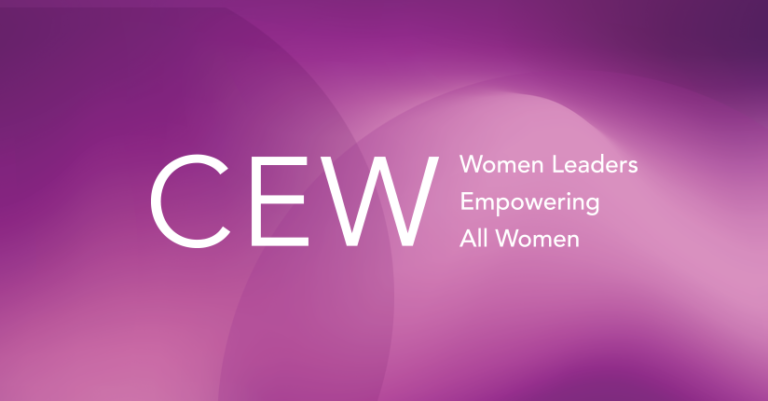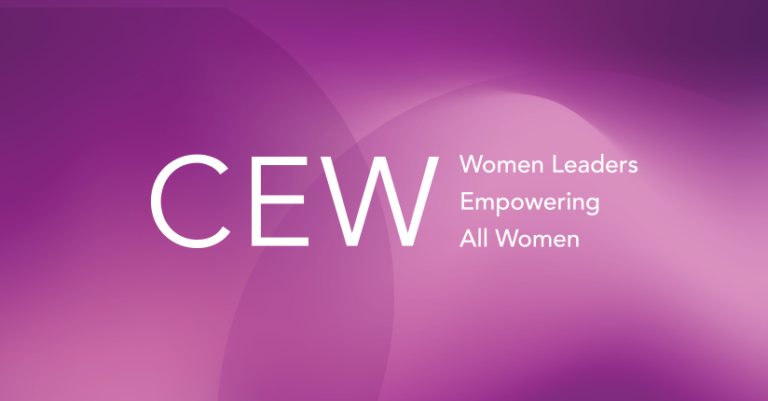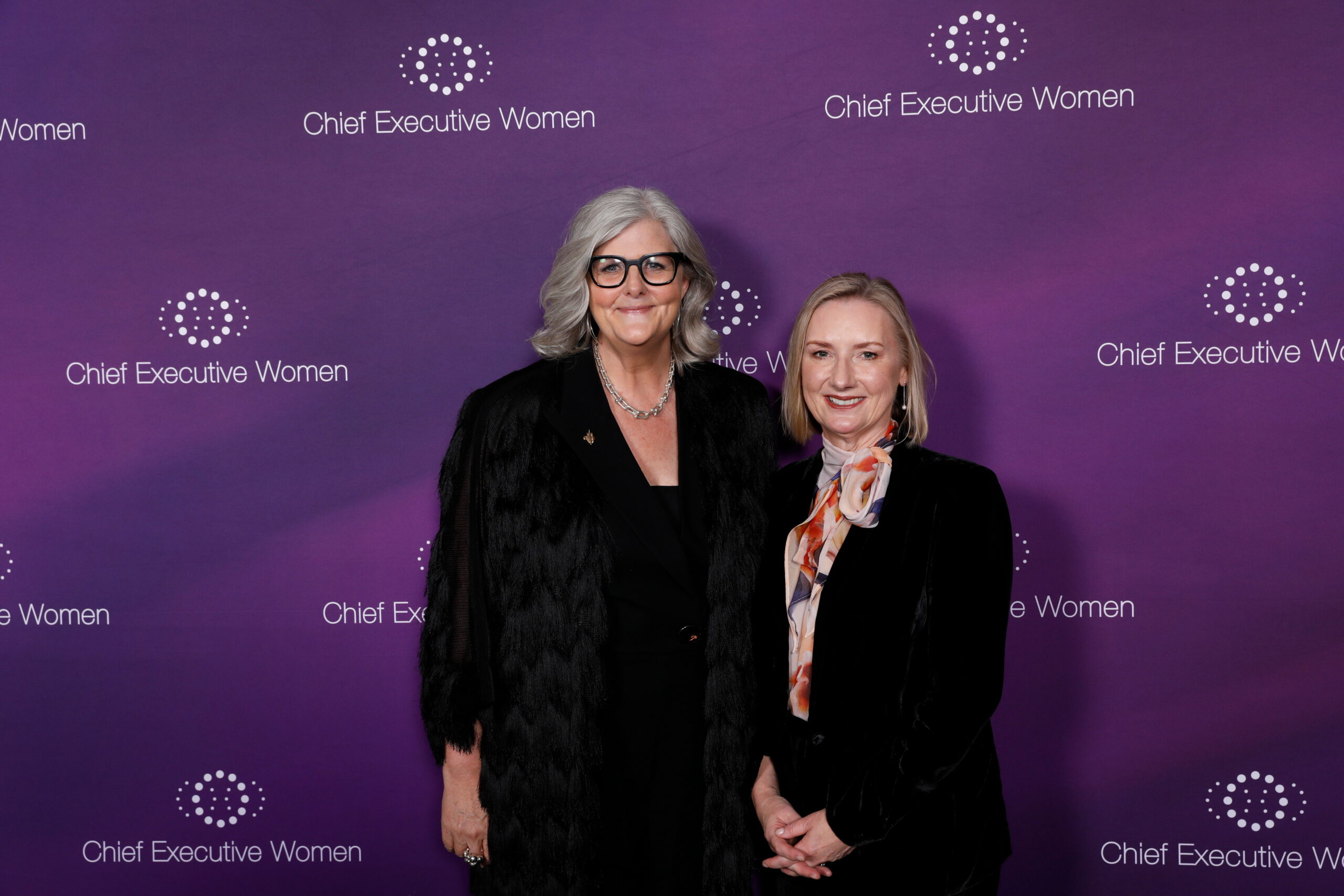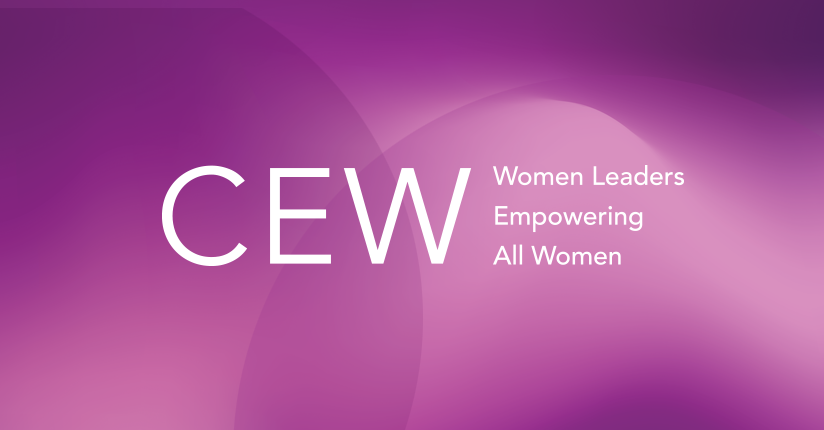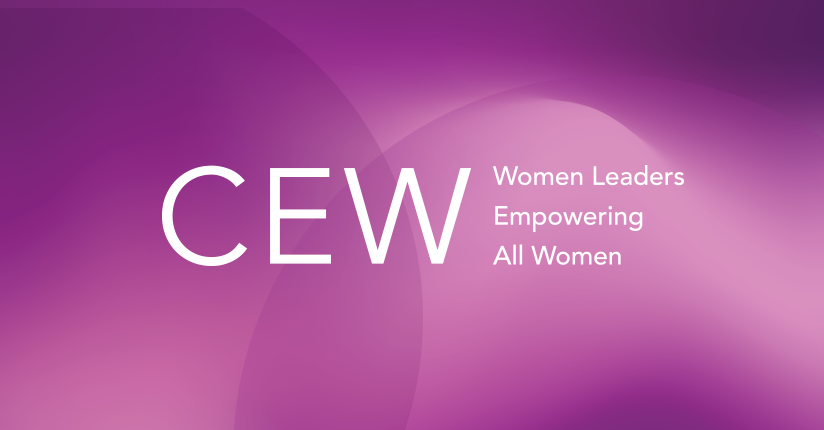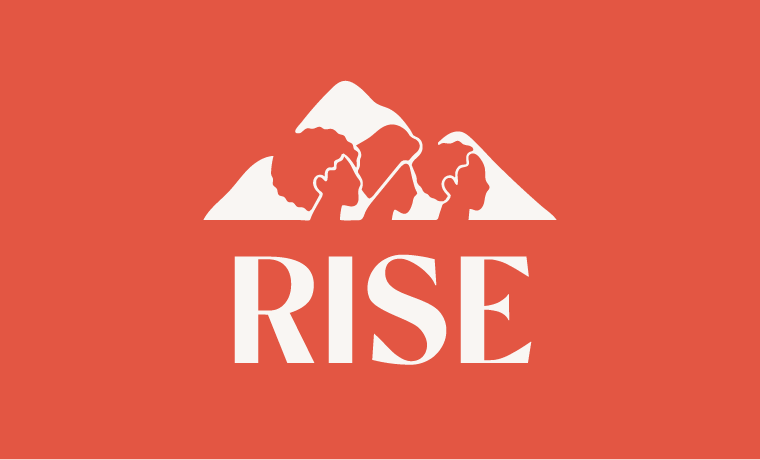On the back of Treasurer, Joe Hockey’s success in getting G20 agreement on a growth target, the Government is revving the engine of reforms designed to boost productivity by cutting red tape.
In less colourful language, these planned repeal days in Federal Parliament will seek to wind back legislation such as the Workplace Gender Equality Act 2012, which some in business believe are hindering prosperity.
No one likes red tape, least of all CEOs who are chasing revenue growth and would prefer not to have to comply with legislation or directives that they believe are costly distractions from the main game.
So it’s not hard to imagine the quiet cheering in boardrooms across the country now it has emerged that an area ripe for the scissors is gender diversity reporting requirements of companies with more than 100 employees. The extent of the unravelling is also understood to involve lifting the reporting threshold to companies with 1,000 or more staff.
There is no cheering from the group I represent, Chief Executive Women, which counts among its members 300 senior women leaders from the corporate, public service, academic and not-for-profit sectors. As women leaders who support increased workplace participation of women at every level, and who have fought long and hard to enable more women leaders in Australian organisations, we would urge caution before putting gender diversity in the red tape basket.
The minute we as a nation take our eye of this particular ball, and measurement becomes an option for most businesses, the numbers will go backwards – disappearing into the too-hard basket.
Recent history confirms this. The release of EOWA (Equal Opportunity for Women in the Workplace Agency) census data in 2008 was a wake-up call, showing that Australia was going backwards in the number of women on boards and in executive management. Now, WGEA is due to release the first tranche of new data is due on April 1, so the fact is companies have already geared up for it, accounted for it, done it. Let’s see the figures and evaluate them.
CEW strongly advocates measuring data around women’s participation in work, around efforts at achieving gender balance and closing the pay gap. In any business, measuring performance focuses the mind much faster than good intentions. And there’s more than enough evidence that collecting data achieves results.
If, however, reform means simplifying or streamlining the reporting requirements, and reviewing the burden on small business, then we are keen to see what’s being proposed. Making data collection simpler is a good thing, but it cannot mean we stop shining a light on what needs to be done to improve gender balance and, by extension, Australia’s productivity.
By making it a requirement that something be measured, you are more likely to change the psychology around it, to gain acceptance of it as the norm. Any CEO will tell you that nothing is done if the executive team does not have to account for it.
Within CEW there has always been a robust range of views on how to achieve gender balance. As an example, there has never been a consensus on quotas versus targets. And often a person’s view changes over time.
Christine Lagarde, head of the IMF, said as much herself last week when she spoke out in support of quotas. There is, however, complete agreement on the need to measure progress, or lack of it.
The challenge of increased growth which the G20 has now set itself is a target closely linked to gender diversity. As the IMF noted in a report last September: “To unleash the full potential of the female labour force, with significant prospective growth implications, policymakers need to pursue an integrated set of policies to promote and support female employment.”
A McKinsey report, Women Matter 2012: Making the breakthrough, examined the gender-diversity programs of 235 large European companies and found those with the greatest proportion of women in the most senior roles had strong, visible commitment from top management to consistent tracking of diversity data.
And doing so pays off. The Credit Suisse Research Institute tracked the performance of 2,360 companies globally over six years and found that on average it would have been better to have invested in corporates with one or more women on their management boards than in those without.
International Women’s Day approaches on March 8. What will there be for women to celebrate if we can’t find a sensible, simple way to retain gender reporting data.
Christine Christian is the President of Chief Executive Women. She is the former CEO of Dun & Bradstreet and an independent company director>.
This article was first published in the Australian Financial Review on 26 February, 2014.
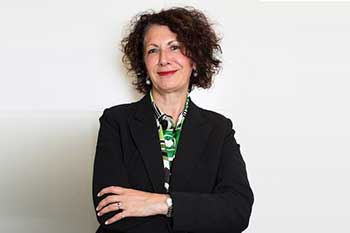
CHRISTINE CHRISTIAN
Christine Christian is Non Executive Company Director, ME Bank Limited, Lonsec Fiscal, Powerlinx Inc., State Library of Victoria


